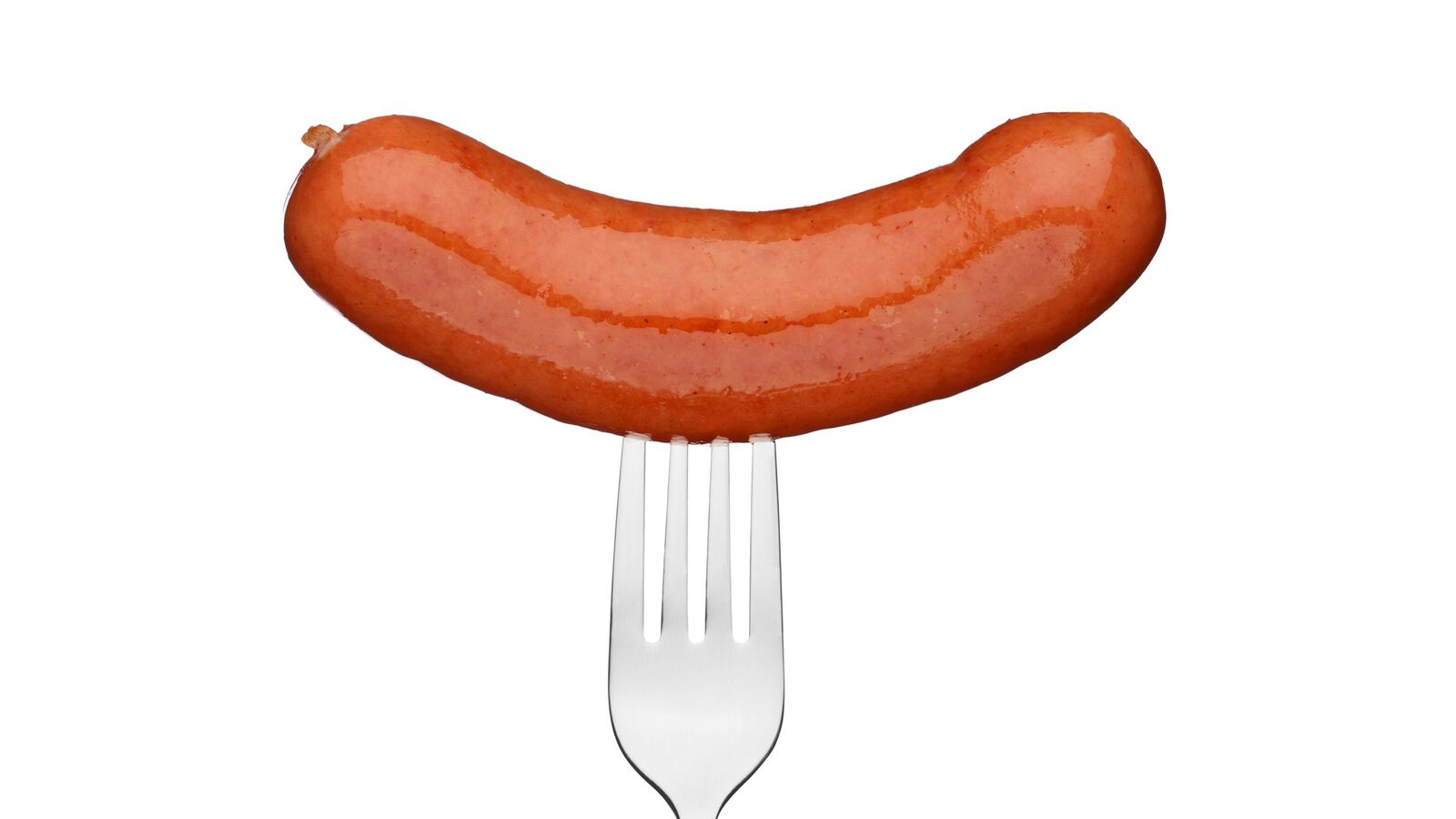Yesterday’s hot dog might have been a worse decision than you originally thought.
According to an announcement published today in The Lancet Oncology by the International Agency for Research on Cancer (IARC), part of the World Health Organization (WHO), eating processed meats is similar to smoking in that both can lead to cancer. The study will be published in Volume 114 of the IARC Monographs.
Processed meat is any meat that had been preserved or flavor-enhanced through salting, curing, fermentation, smoking, etc. A working group of 22 scientists invited by the IARC reviewed some 800 epidemiological studies examining the global habits of red- and processed-meat consumption, concluding that processed meat is “carcinogenic to humans” due to the correlations observed with colorectal cancer (cancer of the large intestine), and causal linkages concerning the chemistries of both the cooking and digestion of meat.
The IARC classifies suspected carcinogens into five groups according to the evidence supporting how likely a substance or activity is to cause cancer. From this IARC evaluation, processed meat is now classified into “Group 1,” placing it in the same category as cigarettes and other tobacco products which are “carcinogenic to humans.” Red meats such as unprocessed beef, veal, pork, lamp, mutton, horse, or goat fall in to the “Group 2A” category, meaning their levels of cancer risk are on par with UV rays, glyphosate (the active ingredient in the pesticide Roundup), and inorganic lead, all things which are “probably carcinogenic to humans.”
So, once and for all, lay off all of the horse dinners.
The group cites one particular meta-analysis from 2011 as important to this conclusion. The study showed that, for every increase of 50 grams of processed meat consumed per day, the risk of colorectal cancer increases 18 percent. For red meat, increases of 100 grams per day were found to increase the risk by 17 percent.
Correlation does not imply causation, but the study cited causal linkages as well. According to today’s announcement, “substantial supporting mechanistic evidence was available for multiple meat components.” A major cause of cancer is damage to DNA, such as when it becomes bonded to cancer-causing chemicals to form “DNA adducts.”
High levels of red meat consumption induce the bodily formation of chemicals called N-nitroso compounds (NOCs). The group cites a few studies that found DNA adducts derived from such NOCs in cells that make up the lining of the large intestine.
And it’s not just the meat. It’s also that we cook it.
While cooking improves the digestibility and palatability of meat, it also produces known or suspected carcinogens including heterocyclic aromatic amines (HAAs), and polycyclic aromatic hydrocarbons (PAHs). High-temperature cooking such as barbecuing, pan-frying or grilling produces the highest amounts of these chemicals.
Both groups of these chemicals are known to cause damage to the body’s DNA, though there is little direct evidence that such damage occurs following meat consumption.
Colorectal cancer is the leading cause of cancer deaths in the U.S. after lung cancer, claiming the lives of more than 50,000 Americans each year. Colorectal cancer usually begins as polyps form in small clumps growing in the tissues of the large intestine, typically starting off benign and later becoming cancerous. According to the Mayo Clinic, regular screening is recommended to find the polyps before they become cancerous.






